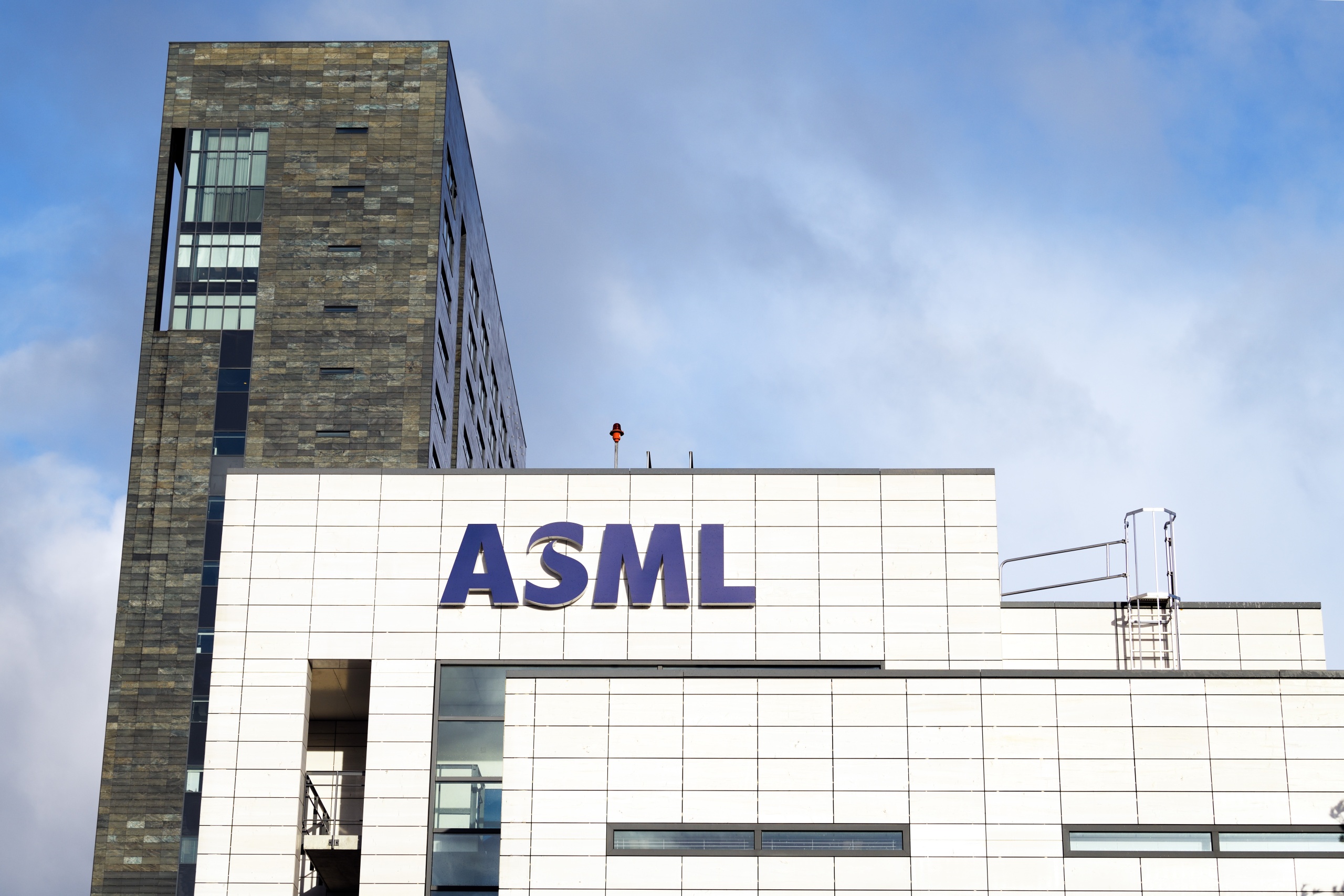According to reports by Reuters and Voice of America, the US government has issued a request to the Dutch chip equipment maker ASML to stop selling some of its equipment to Chinese customers and no longer provide repair services for the equipment. The logic behind this request is clear: in the current geopolitical and technological competitive environment, the US government seeks to preserve its national security and technological advantage by limiting China's development in the semiconductor field.
ASML is one of the world's leading manufacturers of semiconductor equipment, and its equipment such as lithography machines play a vital role in the semiconductor manufacturing process. However, due to the critical and sensitive nature of semiconductor technology, the US government has been taking steps to restrict the export of semiconductor equipment and technology, especially against competitors such as China.

The Dutch government's response to the request has been cautious. While the Dutch side is reluctant to make a hasty decision, his public statements and considerations of Dutch national security interests suggest that the Netherlands will treat Chinese requests for repairs with caution and may reject some or all of them. This means that China may face maintenance difficulties when using ASML equipment, which will affect the development of China's semiconductor industry.
The importance of ASML devices is self-evident. In the global semiconductor industry, ASML's lithography machine is almost one of the irreplaceable key equipment. If these devices cannot be repaired in time, it will inevitably affect the normal operation of semiconductor production lines, which will have a knock-on impact on the entire industrial chain. For China, as an important semiconductor producer, the maintenance of ASML equipment will directly affect the development speed and competitiveness of China's semiconductor industry.
On the other hand, behind the US government's restrictive measures is its concern about the rise of China in the semiconductor field. In recent years, China has been vigorously promoting the development of the semiconductor industry and has invested a lot of resources in research and development and production. However, due to its dependence on technology and equipment, China still needs to buy some critical equipment and technology from abroad. Therefore, the United States is trying to limit the development of China's semiconductor industry by restricting the supply of these key equipment and technologies, so as to maintain its dominant position in the global semiconductor market.
The incident also highlights the technological competition and geopolitical complexity of current international relations. In the context of globalization, technology has become an important battlefield for competition between countries, and semiconductors, as the basis of modern industry, have attracted more attention. Therefore, the restrictive measures taken by the US government are not only to safeguard their own national interests, but also to maintain a leading position in the global technological competition.
For ASML, the challenges are unprecedented. As a multinational company, it needs to find a balance between the US side and the Dutch side, while also taking into account its own business interests and reputation. In this complex environment, ASML needs to develop a flexible response strategy to cope with various scenarios and ensure its long-term growth and survival.
* Disclaimer: This article is from the Internet, if there is any dispute, please contact customer service.



